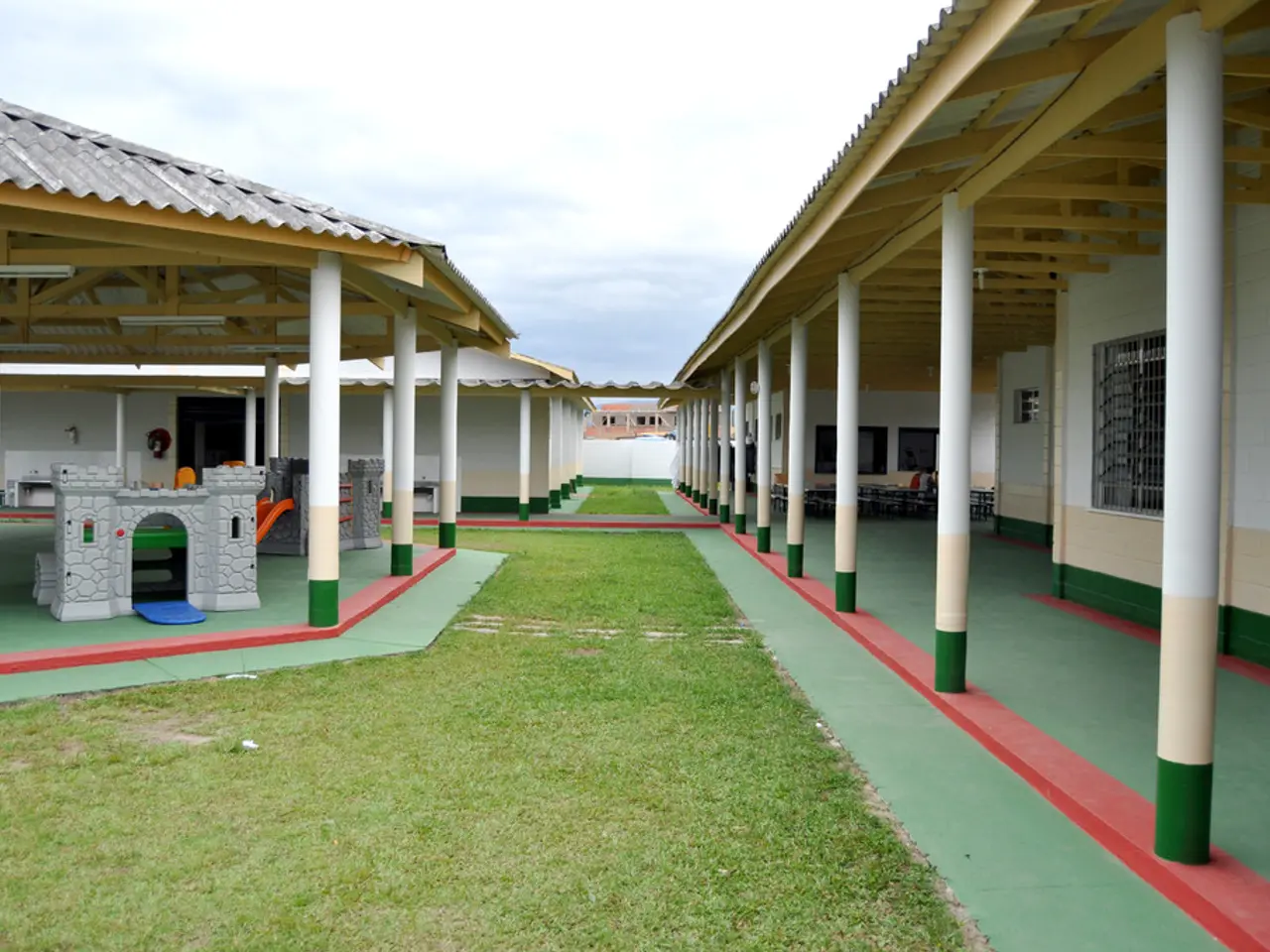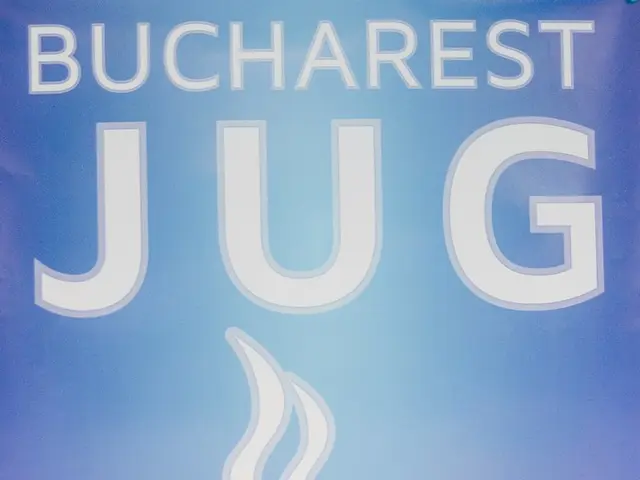SPD seeks court's continued involvement: Experts guide citizens on submitting housing aid applications
In an effort to alleviate the high living expenses faced by many residents, the city of Neuss has seen a significant surge in applications for Wohngeld, a financial subsidy for rent, with around 4,500 applications submitted by the end of November – marking an impressive 33% increase compared to the previous year. This surge comes as a result of the largest Wohngeld reform initiated by the SPD-led federal government in recent years.
Wohngeld, or housing benefit, is a crucial lifeline for low-income households across Germany, helping them cover the costs of rent. Eligibility criteria and application processes may vary slightly depending on the state, but they generally remain consistent across the country.
To be eligible for Wohngeld in Neuss, applicants must meet certain income, residence, rent cost, and family size requirements. For instance, the total household income must be below a certain threshold, which varies by state, and the rent costs must be reasonable according to local standards. The number of people in the household also affects the amount of Wohngeld received, with each child increasing the number of household occupants and, consequently, the level of housing benefit.
The application process for Wohngeld in Neuss is straightforward. Applicants are required to gather necessary documents such as passports or ID cards, marriage certificates (if applicable), birth certificates for children, salary statements, confirmation of registration, bank statements, and proof of income. They should then contact their local Wohnungsamt, the office responsible for handling Wohngeld applications, to inquire about specific application requirements and income limits in North Rhine-Westphalia. After filling out the application form and submitting the required documents, applicants can expect their applications to be assessed, with eligible individuals receiving a notification stating the amount of Wohngeld they are entitled to.
To provide further information about Wohngeld and the application process, city officials, including Heinrich Thiel, chairman of the Neuss SPD, and Enrico Braun, city councilor, plan to explain who is eligible for Wohngeld and how to apply. Additionally, an expert from the Neuss Building Association will be on hand to offer insights.
The federal government's Wohngeld reform, effective from January 1, 2023, has expanded the number of households eligible for Wohngeld from 600,000 to nearly two million. To accommodate this increase, the city administration of Neuss has created three new full-time positions to handle the influx of applications. Furthermore, the reform has introduced a permanent heating cost and climate component to help further support those in need.
For precise details on the Wohngeld application process in Neuss, it is advisable to contact the local Wohnungsamt directly. Applying for Wohngeld is simpler than one might think, and with the help of city officials and experts, more residents of Neuss can take advantage of this vital financial support.
Other than rent, personal-finance concerns might also include the applicants' total household income for Wohngeld eligibility in Neuss. The federal government's Wohngeld reform has increased the number of eligible households for financial support, making it crucial for more residents to understand the application process to avail of this assistance.






